The first thing you need to know is that Midnight Mass isn’t really a horror. It utilizes elements from the genre — jump scares, things that go bump in the night, murder — but isn’t really a horror.
As my colleague put it when describing Flanagan’s work: “There may be actual ghosts from time to time, but the real terror comes from the burden of being human.” He had no idea how accurate that description would be when describing Midnight Mass.
Chapter 1: The Opening
Midnight Mass tells the story of the small community of Crockett Island and how their lives suddenly change when a substitute priest comes to town along with the return of a disgraced prodigal son. The island, and its 127 residents, are then faced with what seem like miracles that both test and strengthen their faith, while also straining their relationships with each other. Midnight Mass has monsters, a storm, dead stray cats, blackouts, hauntings, death, and general dread. But if you look past all that, it is really a story about how our neighbours can be monsters too and that strangers, both imagined and real, may not be.
In Midnight Mass, Mike Flanagan reaches deep into the human psyche to tell a story about humans and myths, traditions and superstitions, religion and zealotry. The idea here is that, depending on how much capital F “Faith” you have, a burning bush could read one of two ways. But Midnight Mass isn’t just a debate between the faithful and the faithless. There’s a third party to the debate here; the question of who’s faith is the right one. Because you see, Mike Flanagan could have easily crafted the series around the parishioners on Crockett Island, pitting them against the non-believing, science based residents.
Instead, he makes one of the characters a Muslim.
This isn’t a review of Midnight Mass. Not really. Because what I want to talk about is that Muslim character. I want to talk about Sheriff Hassan, Crocket Island’s policeman, and how Mike Flanagan has given me the Muslim character that I didn’t know I wanted. That I didn’t know I needed. (So be warned, there be spoilers ahead.)
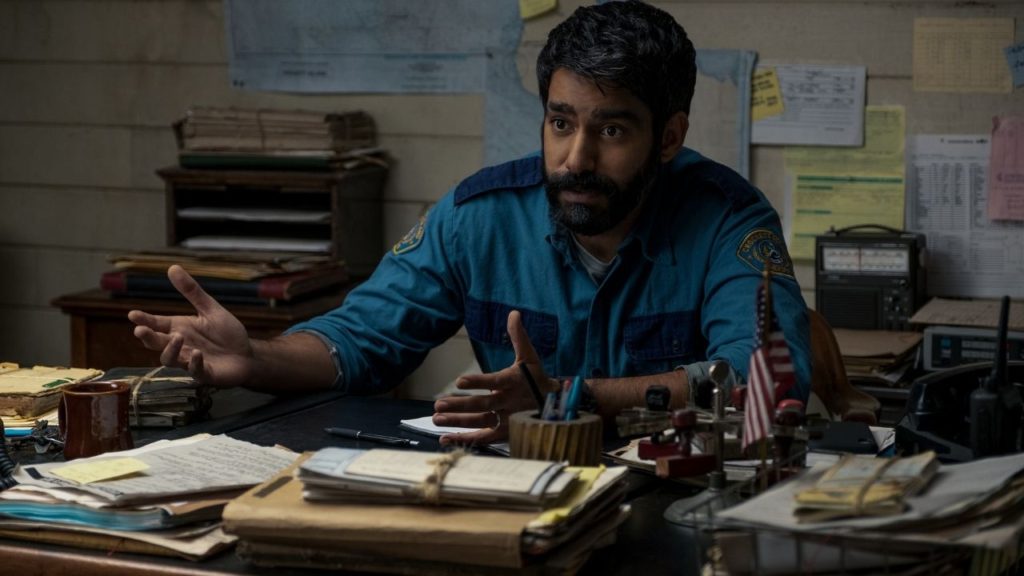

Chapter 7: The Heights
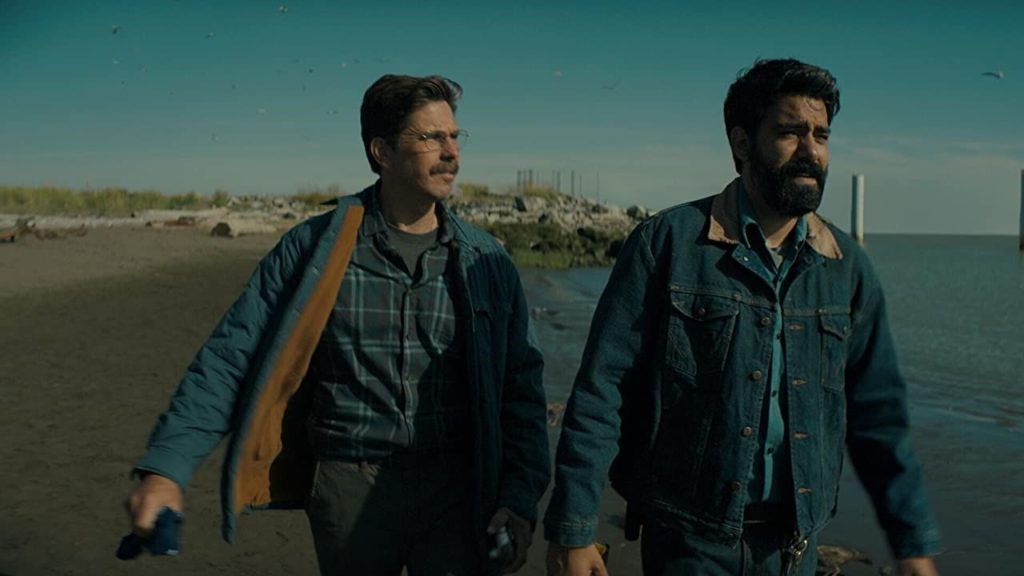
Rahul Kohli plays Sheriff Hassan, a recent arrival to the island who, along with his son Ali, are the only “others” in that community. There are some instances of casual racism (the townsfolk call him Shariff, as in “Omar Shariff,” to his face) and even the occasional “suggestion” that he attend Sunday Mass.
Hassan’s reason for being on Crockett Island, which is explored later in the series, has to do with 9/11, being Muslim, and the NYPD. Flanagan’s reason for putting him there, however, is much more nuanced.
Rahul Kohli’s Sheriff Hassan isn’t a lost Muslim who finds his religion over the course of these seven episodes. In fact, from all we can tell, he is a fairly devout believer. We watch him pray with his son. We know he leaves the island to go to the mosque on the mainland every Friday. We see him and his son only eat bread at the town fair.
Mike Flanagan and Rahul Kohli bring a very nuanced take to this character. Sheriff Hassan isn’t “the Muslim sheriff of a small town.” He is “the sheriff of a small town who also happens to be Muslim.” Much like Mel Brooks’ Black sheriff in Blazing Saddles, Hassan’s religion is less a problem for him than it is something for everyone else to point out.
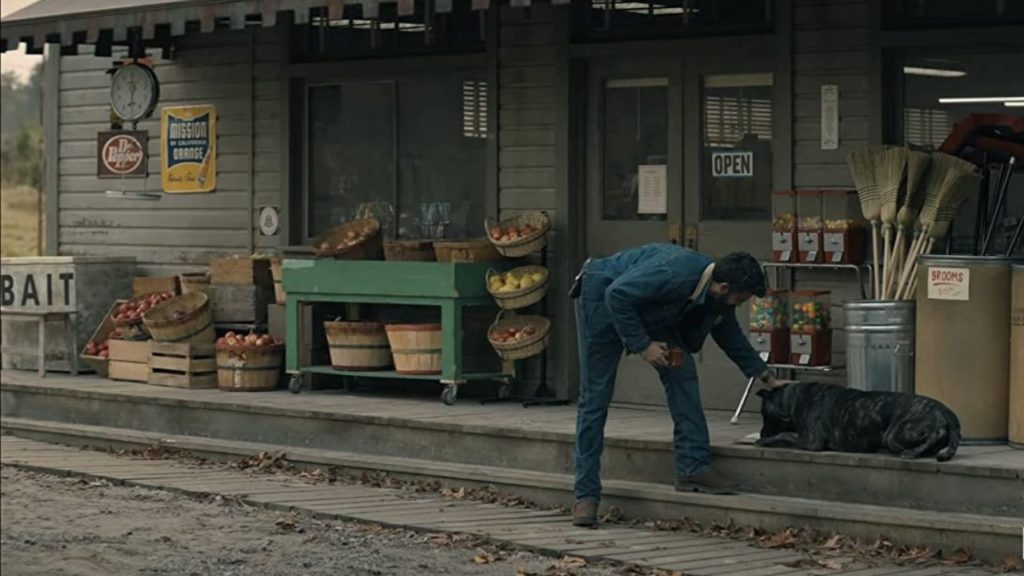
Chapter 9: Repentance
This depiction of a Muslim American is a fresh take on a subject that, in 2021, should really no longer be a subject. And yet, it still is. As a culture that is very much driven by the Hollywood machine, the rest of the world has had to slowly watch as America matured its depictions of Muslims, first as the terrorist (24), then as the assumed terrorist who isn’t (The West Wing episode immediately after 9/11 called “Isaac and Ishmael” is a perfect example of this), to the token inoffensive, non threatening Muslim (normally Indian or Pakistani, and almost always a nerd of one kind or the other), to finally being an actual character who happens to be a devout, practicing Muslim.
I loved Ramy Youssef’s Hulu series Ramy. It is a perfect encapsulation of what it means to be Muslim in the 21st century, both as a concept of trying to be Muslim in a foreign land, but also what it means to be Muslim to yourself. But Rahul Kohli as Sheriff Hassan is a different kind of Muslim character on screen. He is, to put it bluntly, a character that just happens to be Muslim. And the fact that that is as surprising as it is, is in itself a thing worth celebrating.
In April of this year, the American broadcast network CBS launched a new sitcom called United States of Al. In it, an Afghan translator immigrates to the U.S. to live with the Marine that he was embedded with during the war. There is nothing wrong with the sitcom other than the fact that it’s a multi-cam sitcom in 2021. Al is a quirky character, looking to fix the marriage of his best friend, all while being funny.
United States of Al feels like the perfect sitcom for middle America at a time when America is grappling with their responsibility to the people they are leaving behind in a war that has lasted almost 20 years. The only thing truly offensive about Al, is how inoffensive he is. But again, that is perfect for an audience who have spent the last 20 years looking at Muslims everywhere as the enemy. It is, in some ways, the best way in for them.
Midnight Mass, however, operates at the other end of the spectrum. Where United States of Al tries to keep things simple, Midnight Mass is layered. Here, Flanagan and Kohli have created a character with a complex inner life, who struggles with being American and Muslim at the same time, and has a very clear understanding of, and relationship with, his faith.
Halfway through the third episode of Midnight Mass, Mike Flanagan gives Rahul Kohli one of the strongest monologues about being religious that I have ever seen committed to the screen. When faced with the possibility of losing his son to the miracles happening at the local church, Sheriff Hassan’s speech on how “that isn’t how Allah/God works”, is electric. It is painful, it is moving, it is riveting. Sheriff Hassan has faith. A faith in a higher power, a faith in the unknown, a faith in God and God’s miracles across the three Holy books. But that faith also tells him that what is happening in that church is not the miracle that everyone seems to want to believe.
Chapter 10: Jonah
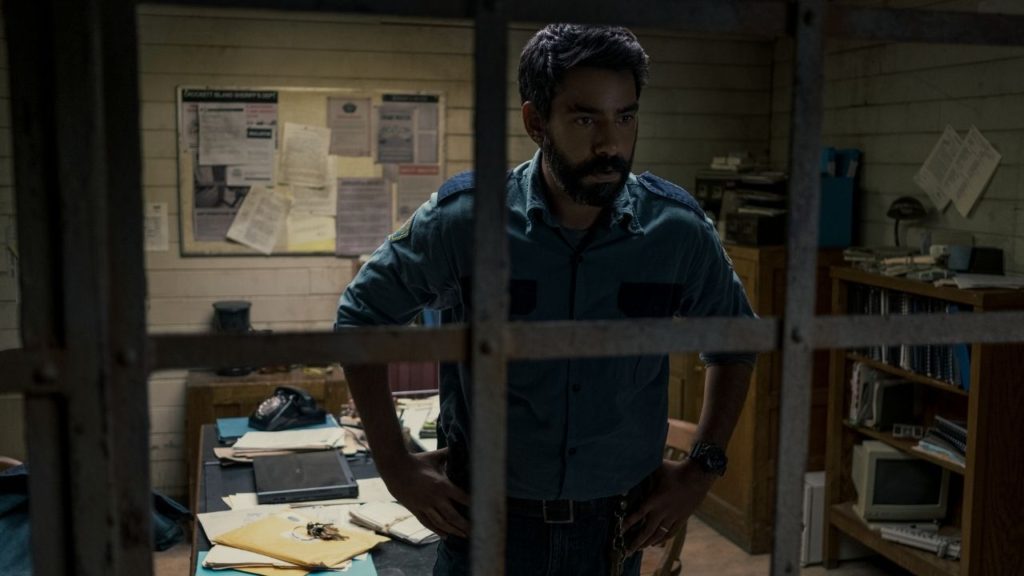
In its portrayal of Sheriff Hassan, Midnight Mass has done something I didn’t think I needed to see. Midnight Mass has given me the kind of Muslim man that I have grown up being surrounded by. Not the non-believer, or non practicing Muslim who ruffles no feathers. Not the overly strict Muslim who forbids any fun. But a liberal, logical, educated Muslim man who knows that right is right, no matter what.
Sheriff Hassan is a complicated man that is more than just the result of who he prays to. In Midnight Mass Rahul Kohli and Mike Flanagan’s Sheriff Hassan is just a man, trying to do right. And speaking as a Muslim man in Malaysia, who consumes more Western content than he’d like to admit, I’d really like more of the same please. Hollywood take note. This is how you do it.
Now excuse me while I go back to watching United States of Al.



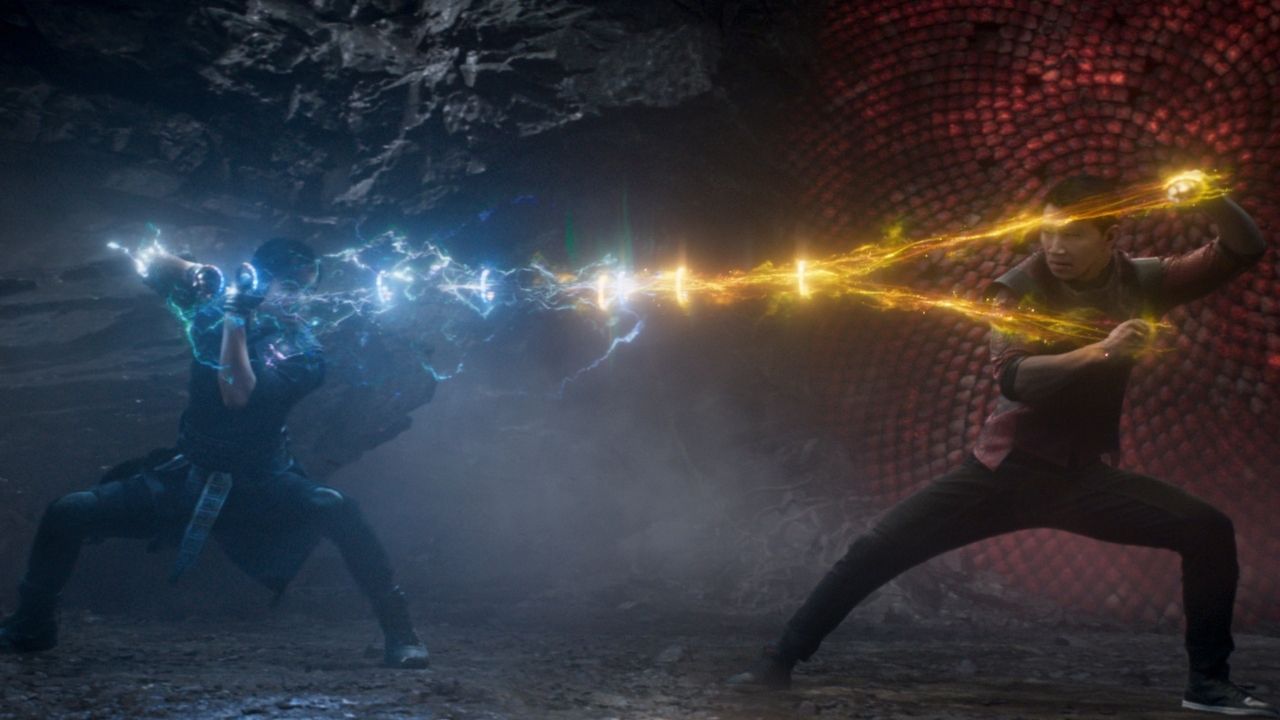
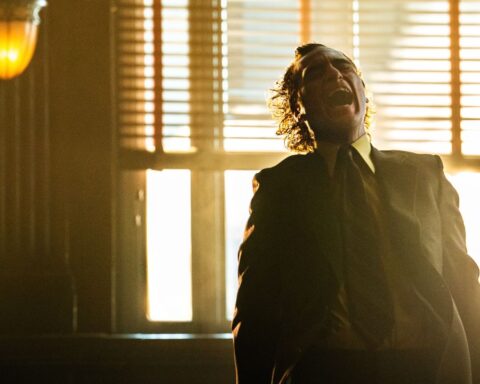


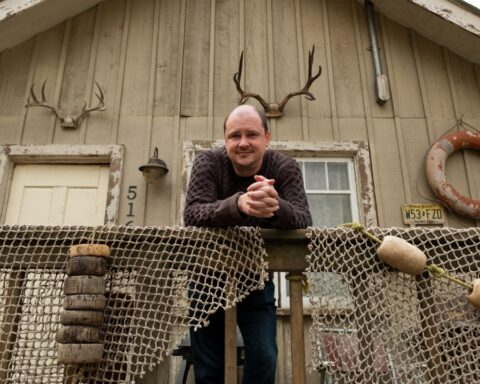
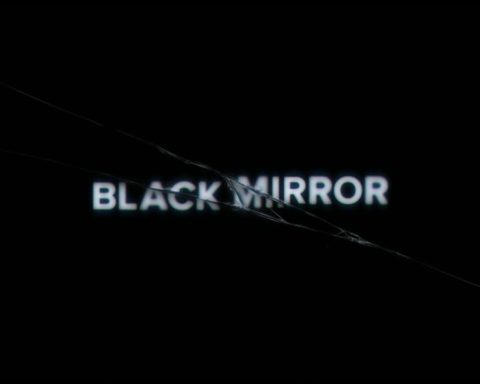
Follow Us